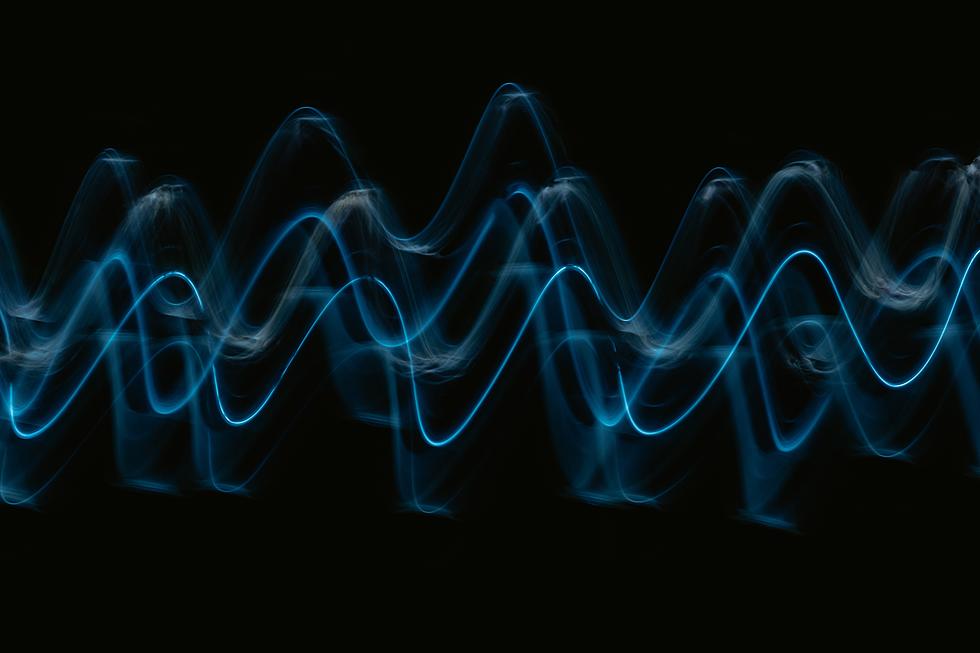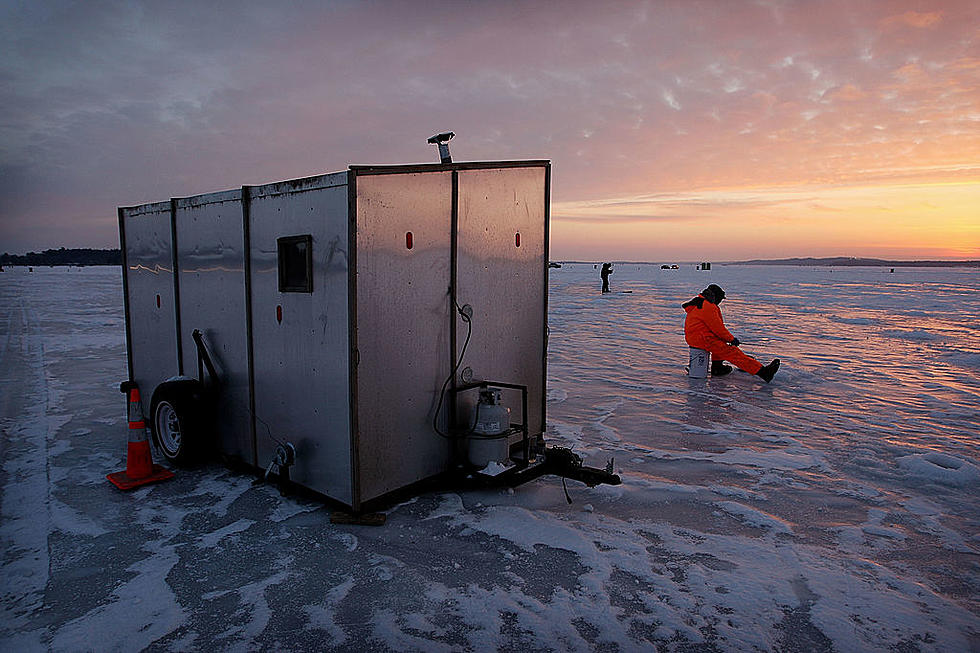
What’s Old is New Again: The History of Psychedelics in Medicine and Wellness
Paid Content
Recent headlines might make ketamine seem like a "new" treatment for persistent depression — but ketamine and psychedelics have a long history of medicinal use and exploration.
Take, for example, the shaman's ritual bundle found in Bolivia with traces of psychotropic compounds dating back 1,000 years. Or the Ancient Greeks whose seasonal rituals included a "psychoactive drink called kykeon, which evidence has shown may have included ergot fungi containing LSD-like psychedelic alkaloids," according to a paper published in Culture, Medicine, and Psychiatry in 2022.
In recent decades, medical inquiries into the use of psychedelics surrounded the substances' ability to make the brain reorganize harmful thought patterns associated with treatment-resistant depression, substance use disorders, post-traumatic stress disorders, and anxiety in terminal cancer patients.
Ketamine-infusion clinics have popped up across the United States, including Aurora Mental Health & Wellness in Waite Park. As researchers continue to explore ketamine's medical effects, others are focusing on Ecstasy, LSD, and psilocybin and how those drugs could improve treatment.
"Indeed, ketamine is being used as a tool for probing the mind to further inform our neurobiological framework of consciousness and altered brain states, and lines of investigation are actively ongoing," according to a paper published in Frontiers in Human Neuroscience in 2016.
In our modern era, the "lines of investigation" started in the 1950s and 1960s, faded into obscurity during the War on Drugs, and have been reemerging in the past 20 years or so, according to the New York Times,
Ketamine was created in 1962 as an anesthetic with less "emergence delirium" than a previously synthesized drug called phencyclidine. Meanwhile, the government spent $4 million across 116 studies of LSD between 1953 and 1973, exploring potential medical uses, according to The New Yorker. Then, most psychedelics were banned as Schedule 1 drugs under the Controlled Substances Act in 1970, so interest in them waned for three or four decades.
Then, as the mental health of the middle and working classes deteriorated along with interest in creating new mental health drugs, clinical research cast its gaze back on psychedelics, according to the Culture, Medicine, and Psychiatry paper. Then came start-ups opening ketamine clinics across the United States and Canada and funding additional psychedelic research. Spravato, a nasal spray form of ketamine, was approved by the FDA to treat persistent depression in March 2019.
Here, in Central Minnesota, Aurora Mental Health & Wellness opened last year to provide IV ketamine and Spravato treatments in a comfortable, spa-like atmosphere. Their practice includes two professional clinical counselors and a psychiatric nurse practitioner, so patients can receive diagnostic assessments, oral medication management, Spravato, and ketamine therapy all under one roof.
Patients receiving ketamine treatments are monitored by medical staff and must leave with a support person, who can stay in the treatment room or a separate waiting area during the treatment.
If you're wondering whether IV ketamine and Spravato could help you, visit the Aurora Mental Health & Wellness website or call to schedule a consultation.
Additional Resources
- The Psychedelic Revolution Is Coming. Psychiatry May Never Be the Same in The New York Times
- Ketamine: 50 Years of Modulating the Mind in Frontiers in Human Neuroscience
More From 96.7 The River



![Melrose in Pictures [GALLERY]](http://townsquare.media/site/67/files/2024/01/attachment-Melrose-water-tower.jpg?w=980&q=75)





